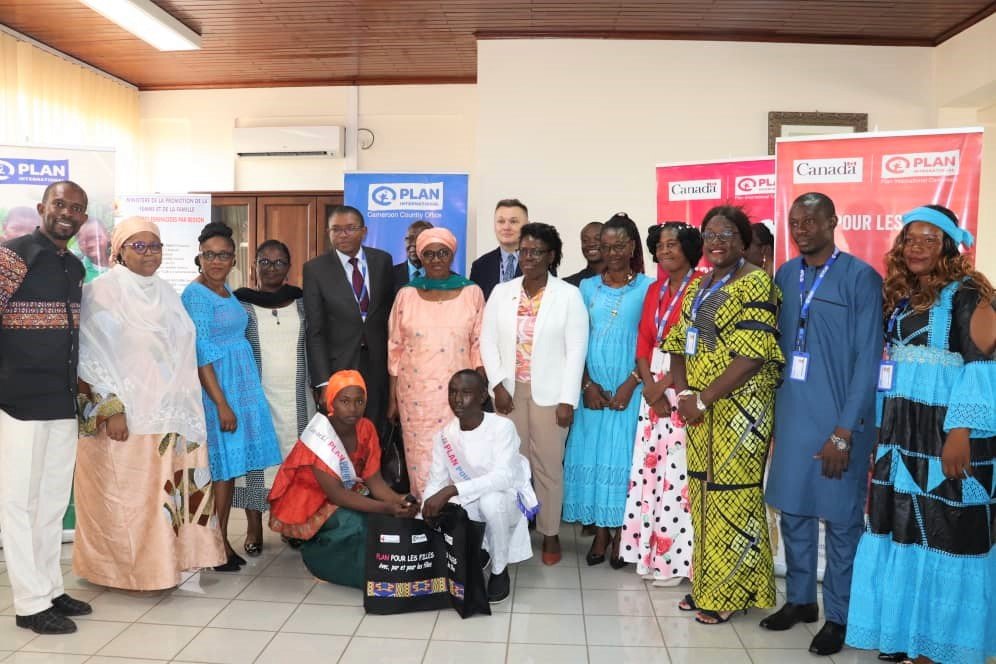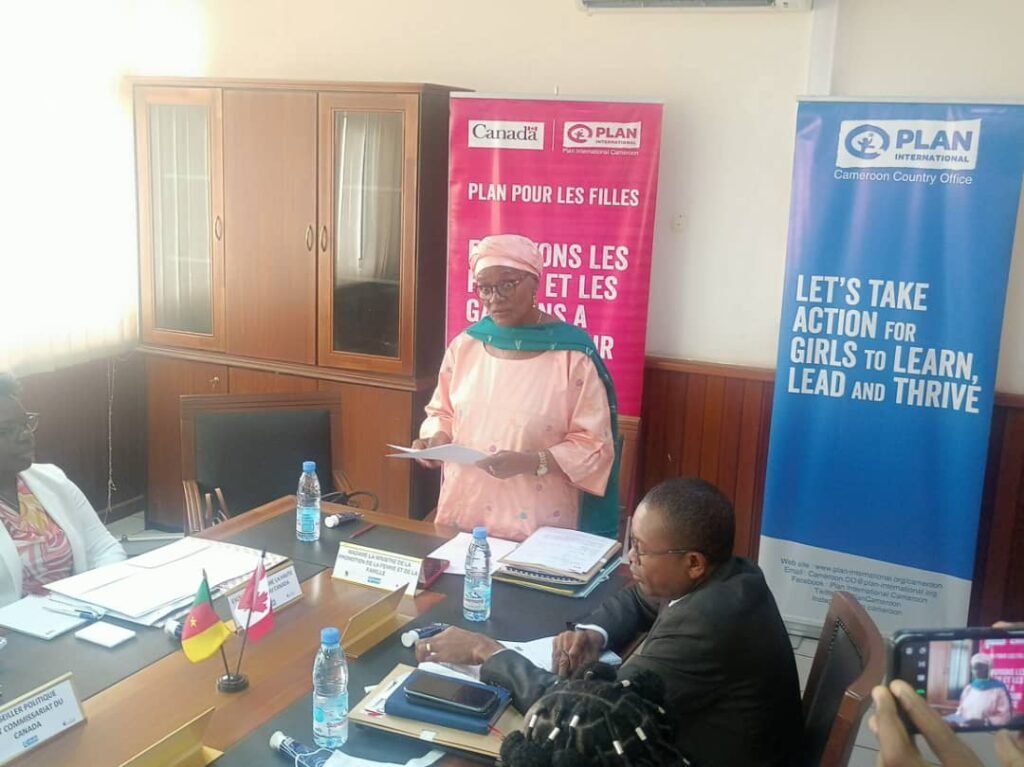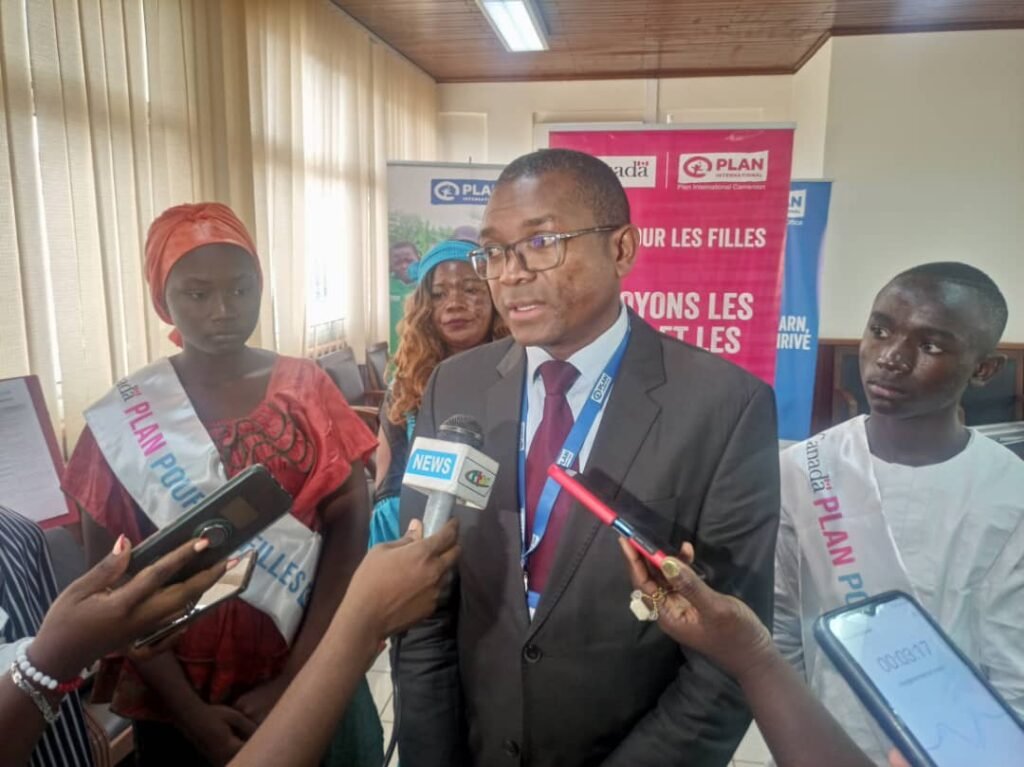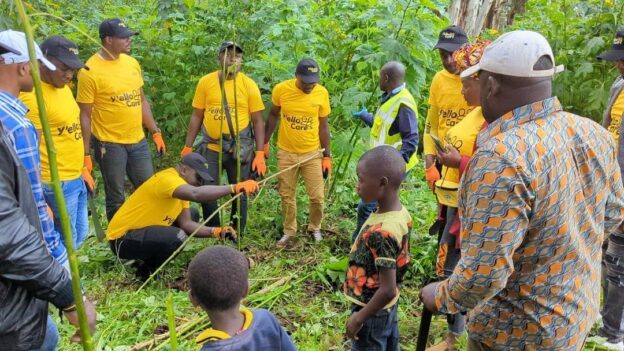Members of the national steering committee of the project dubbed “Plan for Girls” met in an ordinary session last Thursday, 29th of June in Yaounde, Cameroon.

After 5 years of effective implementation in Cameroon, the project dubbed: “Plan for Girls” has recorded successes and gains. The project which was fully set up in the north region notably in the localities of Lagdo and Ngong has so far targeted 60 villages.
To assess activities of this project piloted by Plan International Cameroon with the support of Canada, an ordinary session of the national steering committee took place in Yaounde under the chairmanship of Pr. Marie-Thérèse Abena Ondoa, Minister of women’s empowerment and the Family.
At the session on Thursday, 29th of June 2023, it was disclosed that the project that comes to an end will step into a transitional period, being the 6th year of implementation.
A balance sheet of activities conducted in terms of sensitizations, educative talks training, empowerment of adolescent girls, and construction of infrastructures for young people was highlighted in the course of the meeting.
Apart from the registration of thousands of adolescents and young people into the project, there has been the construction and equipment of two centers for women’s empowerment and the family.

Minister Abena Ondoa saluted the strides made by this project which to her calls for more support that will generate additional fruitful results.
The acting High Commissioner for Canada to Cameroon, Lorraine Anderson praised the project and said it addresses the numerous challenges women and young girls face.
“The young leaders present here today have demonstrated to us the positive impacts this project can have and we are very proud to finance them and to continue to finance them next year.” Mrs. Anderson Lorraine said.
Speaking to the media at the end of the session, the representative of the country director of Plan International Cameroon said the project plan for girls will be pursued in Lagdo and Ngong, to meet the unmet needs and the demands of the target populations.
Fabien Ongono outlined the fact that, as the project enters year 6, the focus will be on restructuring some health centers and accentuating the training of the girlchild with the support of local leaders.

As one of the beneficiaries of this project, Solantine Mainipa, aged 16, has shared her experience since her enrollment in 2021.
She said: “With this project, I have gained my autonomy as a girl. I have benefited from training and accompaniment. Today, I know key subjects on sexual and reproductive health and rights, and I can speak without being ashamed. Since I entered into the program plan for girls, I encourage many young girls to go back to school and to get fully involved in community-led activities, to dialogue with their mother on issues concerning their reproductive health.”

About the Plan for Girls’ project
The project helps to empower adolescent girls in Benin and Cameroon. Through this project, youths have access to improved, adolescent-friendly services in the areas of education, sexual and reproductive health and rights, and economic empowerment by creating an integrated package of core, community-level activities for adolescents.
The project uses an approach that puts girls at the center of its actions, working in collaboration with parents, community leaders, and governments, to advance gender equality and empower adolescent girls. It also addresses persistent challenges to girls’ rights and well-being, including discriminating social practices.

As underscored the activities of the project are centered around increasing girls’ knowledge regarding their rights, and child protection; strengthening adolescent girls’ and boys’ groups that conduct peer-to-peer education on gender equality, rights, and child protection and monitoring of related services; changing attitudes of families, communities, and leaders to contribute to a gender equitable social environment conducive to the realization of adolescent girls’ rights; and providing training to service providers to deliver improved services to adolescent girls in sexual and reproductive health, education and vocational training, and child protection.
Elise Kenimbeni



